How often do I Fertilize my Musas?
jochen
18 years ago
Related Stories

GARDENING GUIDESGet on a Composting Kick (Hello, Free Fertilizer!)
Quit shelling out for pricey substitutes that aren’t even as good. Here’s how to give your soil the best while lightening your trash load
Full Story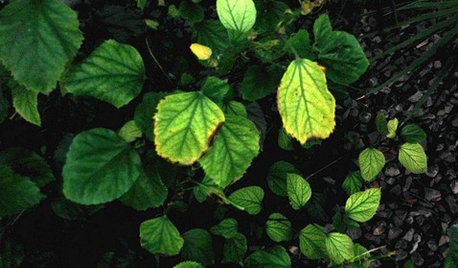
GARDENING GUIDESWhat's Wrong With My Plant? Leaves Often Hold the Clues
Learn how to identify common plant ailments by reading their leaves
Full Story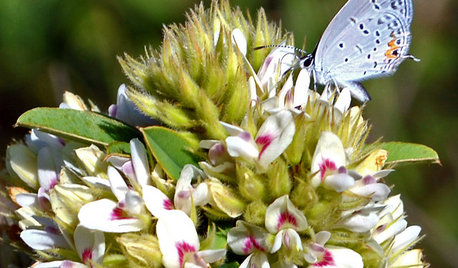
GARDENING GUIDES5 Prairie Wildflowers That Can Heal Your Soil
Get free, organic soil fertilizer with nitrogen-pumping plants that draw pollinators too
Full Story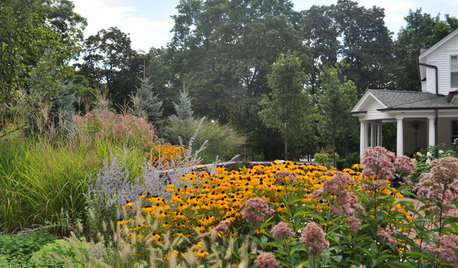
GARDENING GUIDESPacific Northwest Gardener: What to Do in September
Put in cool-weather veggies, fertilize your lawn and tidy the garden this month before chilly weather arrives
Full Story
GARDENING GUIDESHow to Keep Your Citrus Trees Well Fed and Healthy
Ripe for some citrus fertilizer know-how? This mini guide will help your lemon, orange and grapefruit trees flourish
Full Story
GARDENING GUIDESHow to Switch to an Organic Landscape Plan
Ditch the chemicals for a naturally beautiful lawn and garden, using living fertilizers and other nontoxic treatments
Full Story
GARDENING GUIDESCommon Myths That May Be Hurting Your Garden
Discover the truth about fertilizer, soil, staking and more to keep your plants healthy and happy
Full Story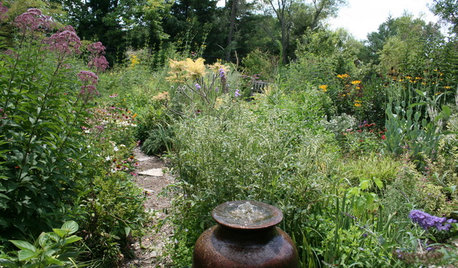
GARDENING GUIDESHow I Learned to Be an Imperfect Gardener
Letting go can lead to a deeper level of gardening and a richer relationship with the landscape. Here's how one nature lover did it
Full Story
HOUSEKEEPING20 Things You Might Be Forgetting to Spring-Clean
Clean these often-neglected areas and your house will look and feel better
Full Story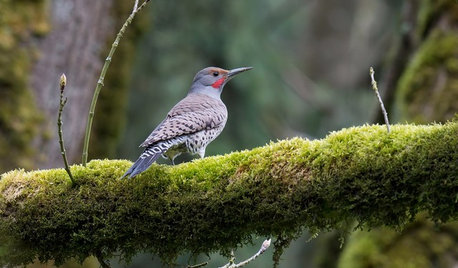
GARDENING GUIDESBackyard Birds: Healthy Home Habitats for Northern Flickers
These colorful woodpeckers found across the U.S. and Canada love berries, seeds and ants and often nest in deep burrows in trees
Full Story





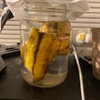

AgastacheMan
bobcat
Related Professionals
Citrus Heights Landscape Architects & Landscape Designers · South Elgin Landscape Architects & Landscape Designers · Clermont Landscape Contractors · Elgin Landscape Contractors · Eagle Landscape Contractors · Euclid Landscape Contractors · Florham Park Landscape Contractors · Hayden Landscape Contractors · Hendersonville Landscape Contractors · Hoffman Estates Landscape Contractors · Muttontown Landscape Contractors · Tacoma Landscape Contractors · Boise Roofing & Gutters · Ahwatukee Roofing & Gutters · SeaTac Roofing & Guttersbananalover
bananalover
joereal
nctim
bobcat
rjj1
Bwanadick
bobcat
rjj1
bobcat
gurley157fs
gardenguy_
bobcat
beachplant
rjj1
joereal
AgastacheMan
joereal
sandy0225
AgastacheMan
joereal
bobcat
jochenOriginal Author
rubbleshop